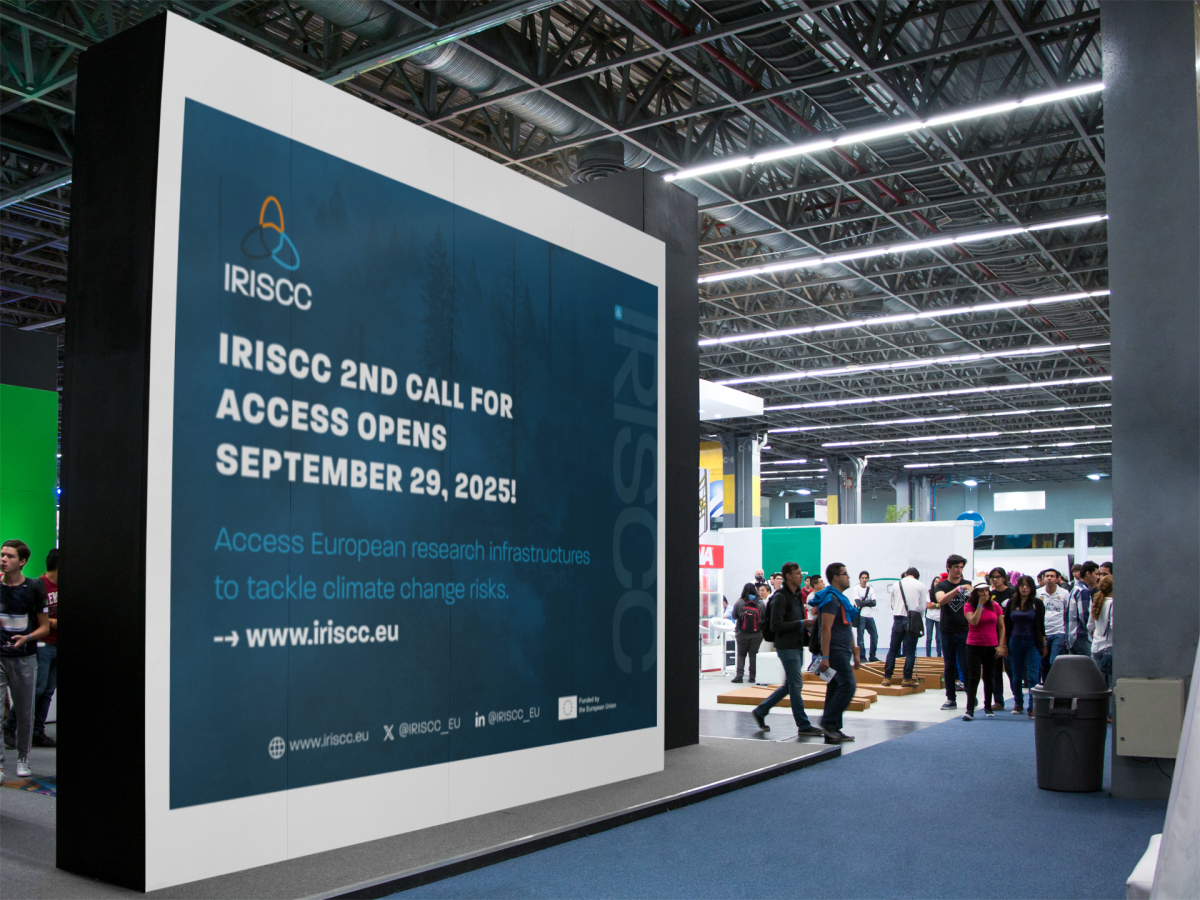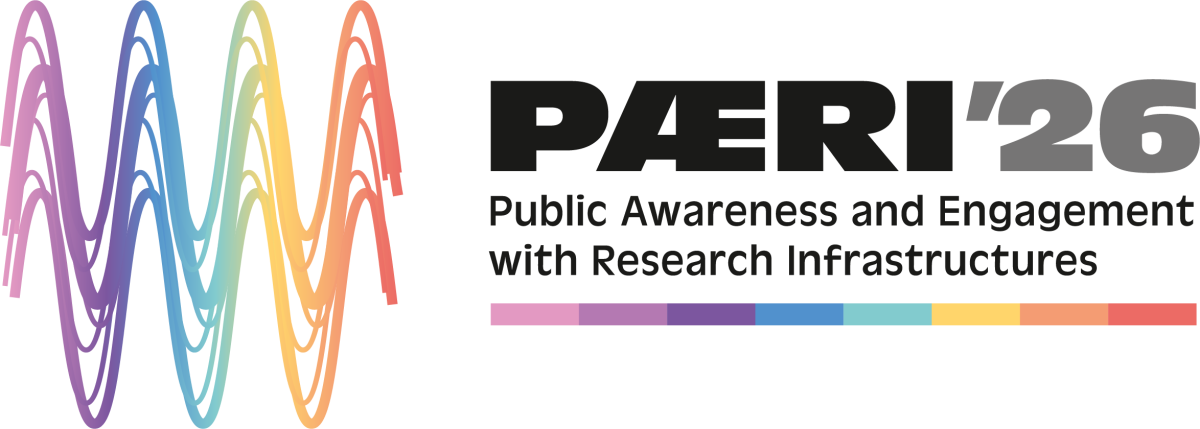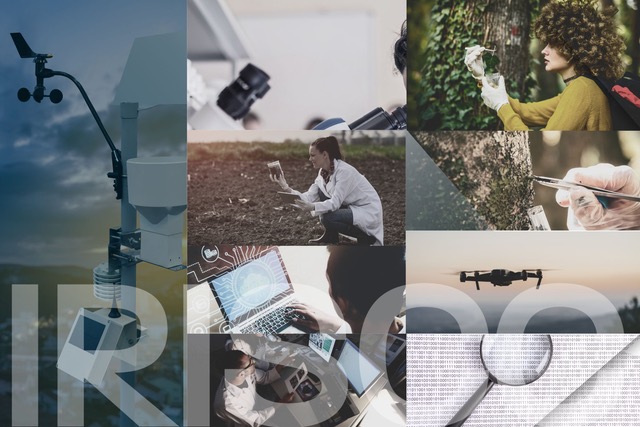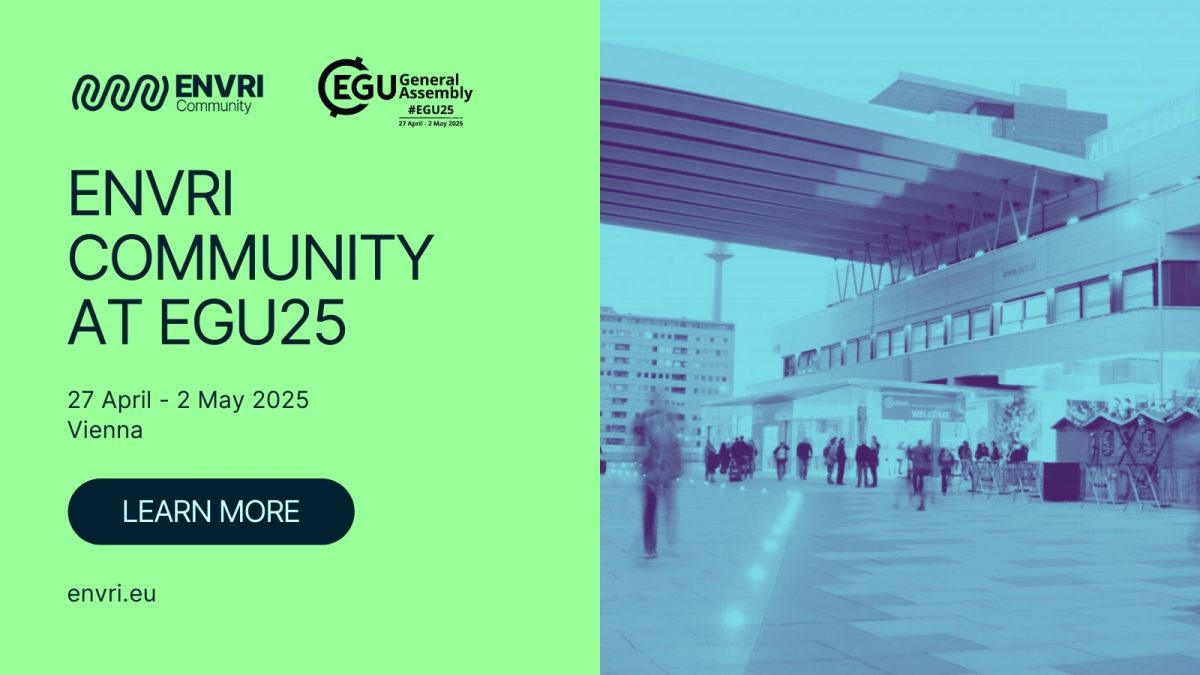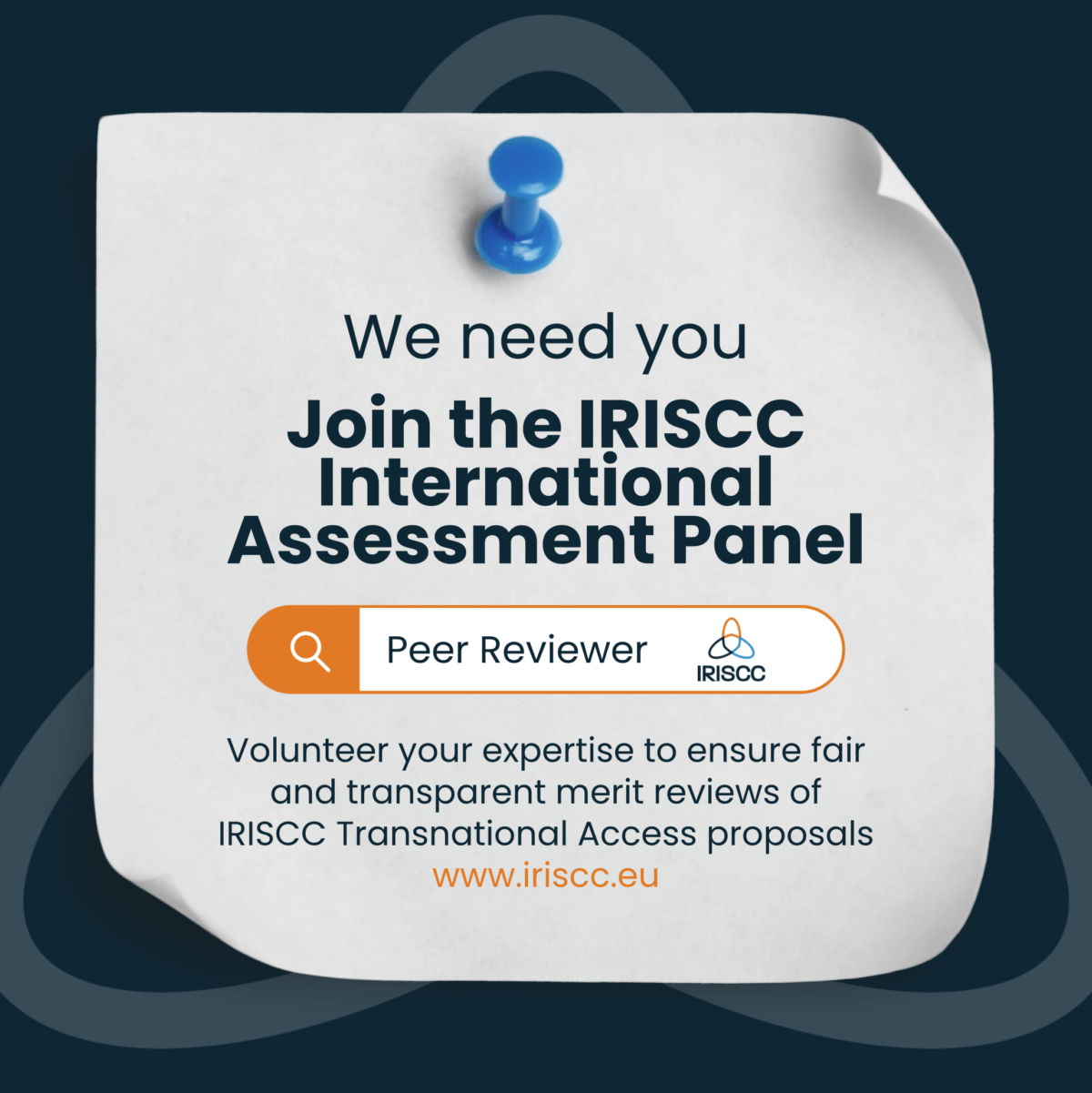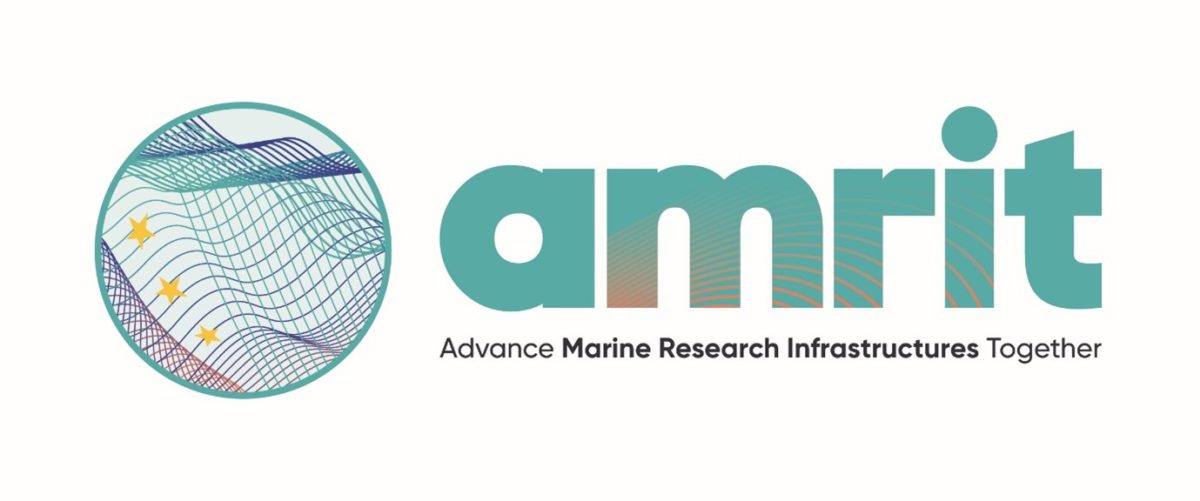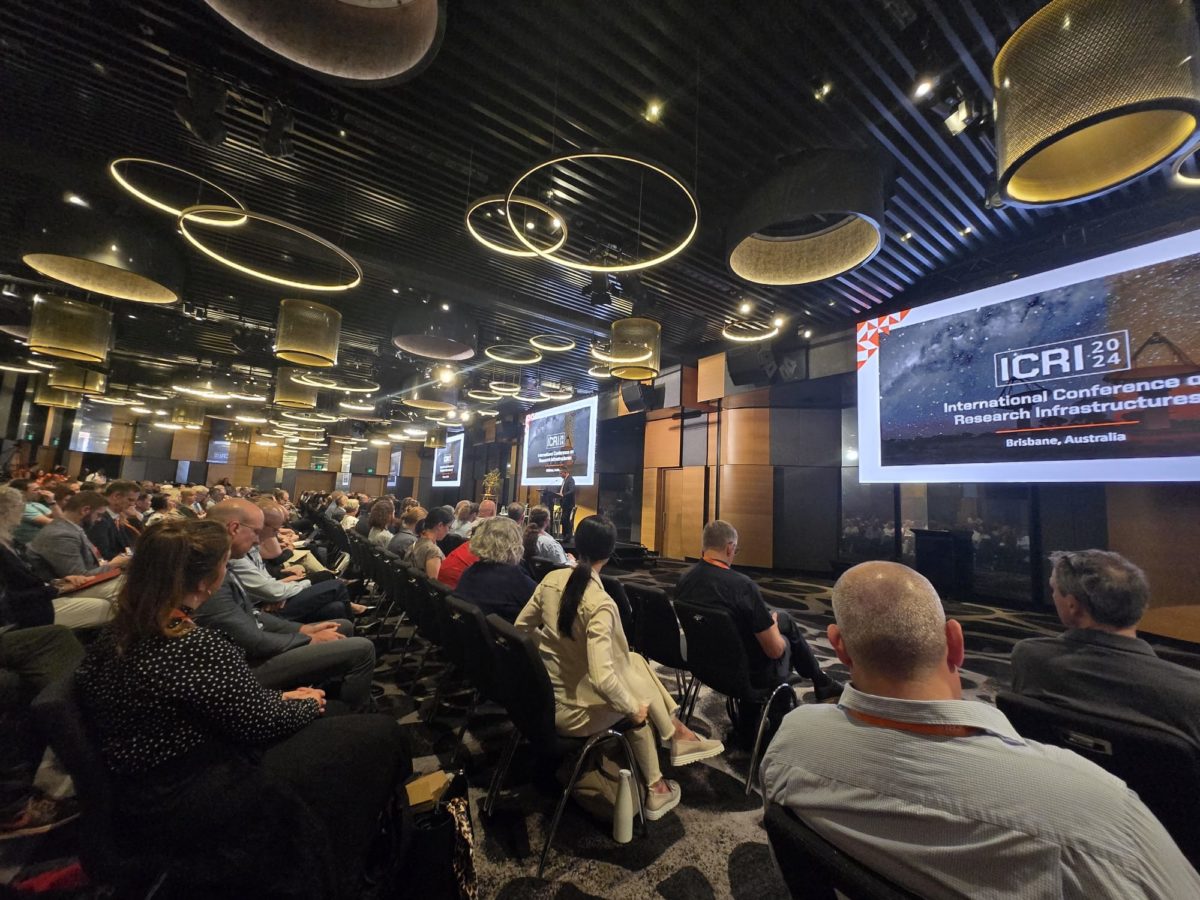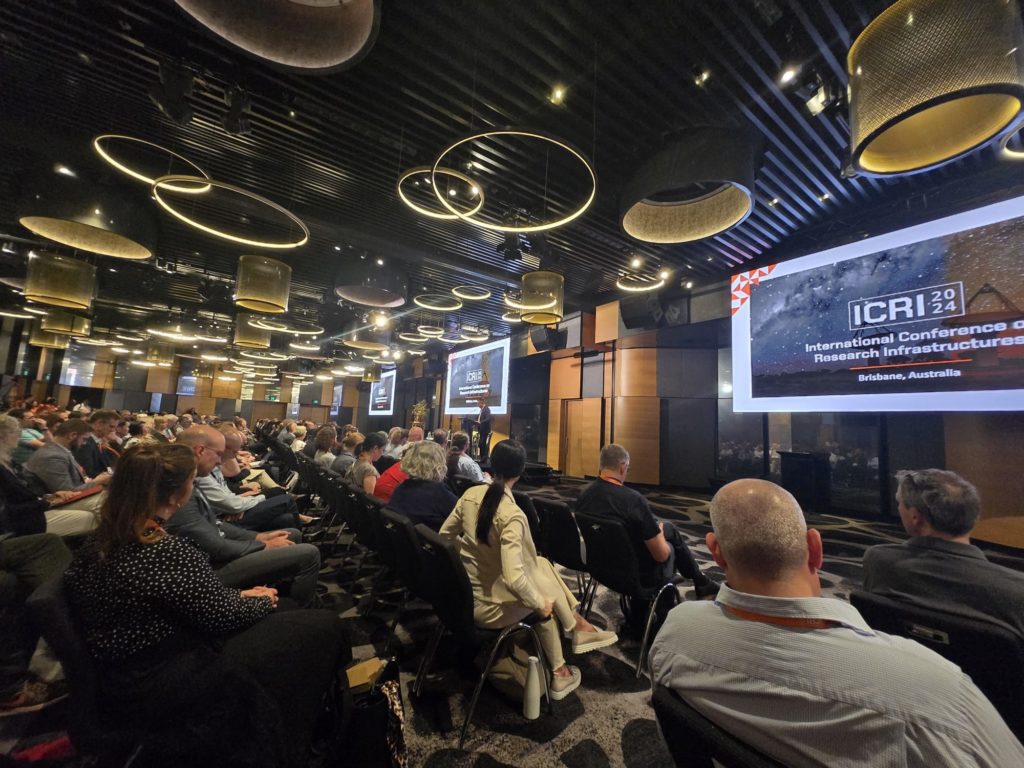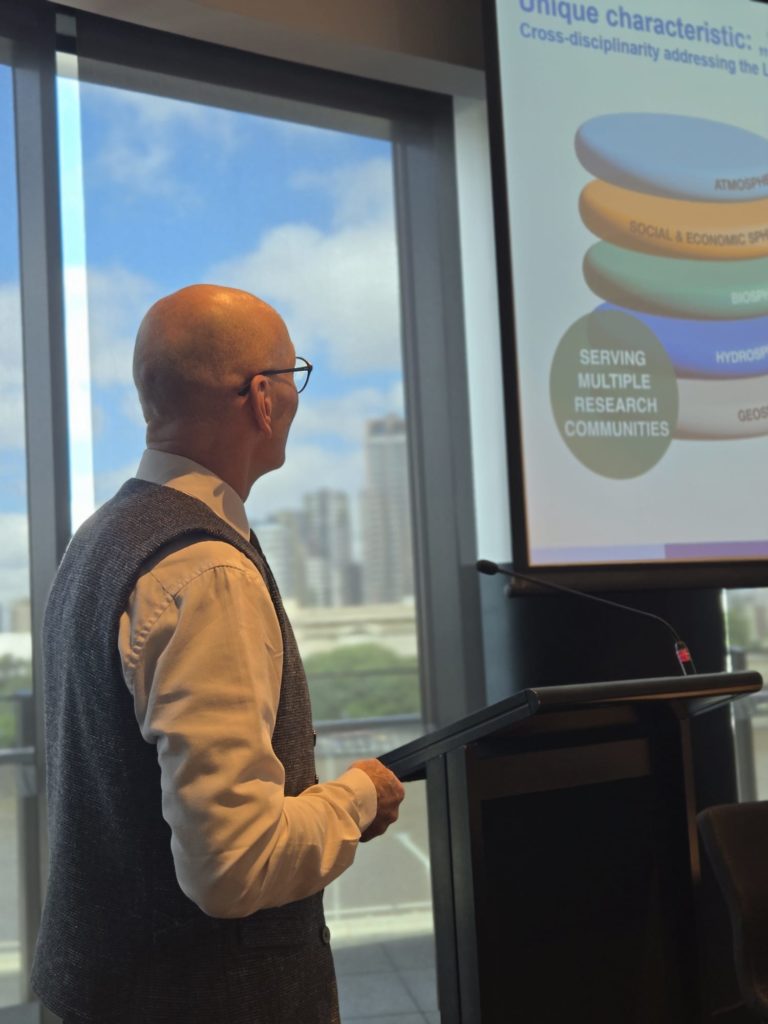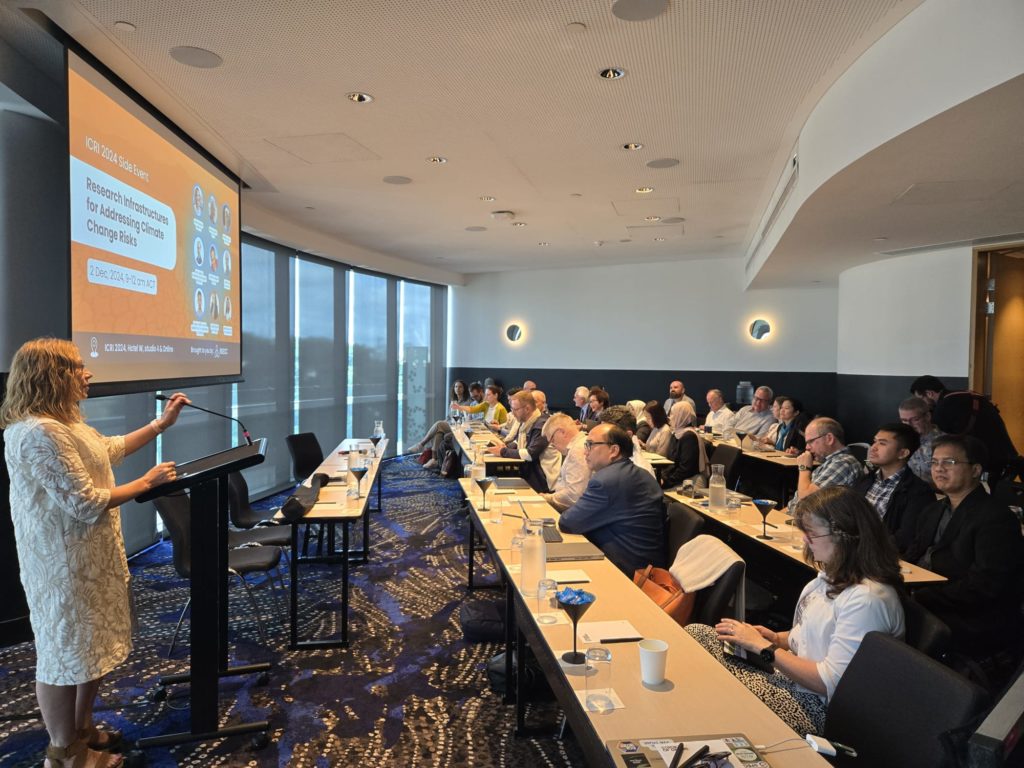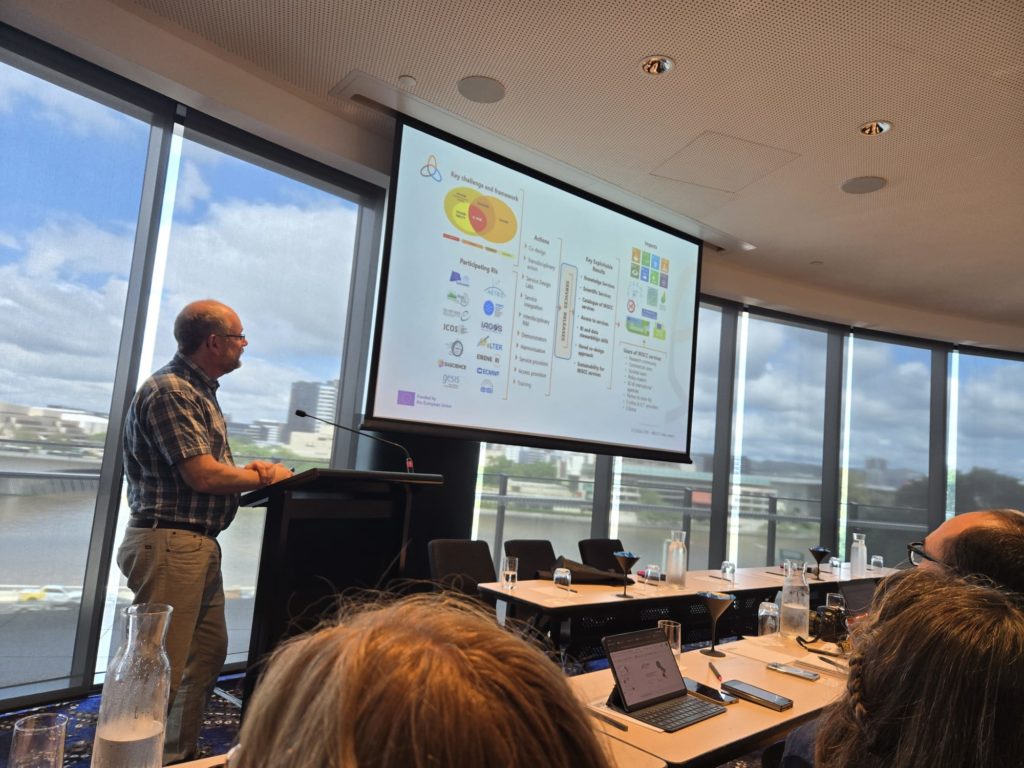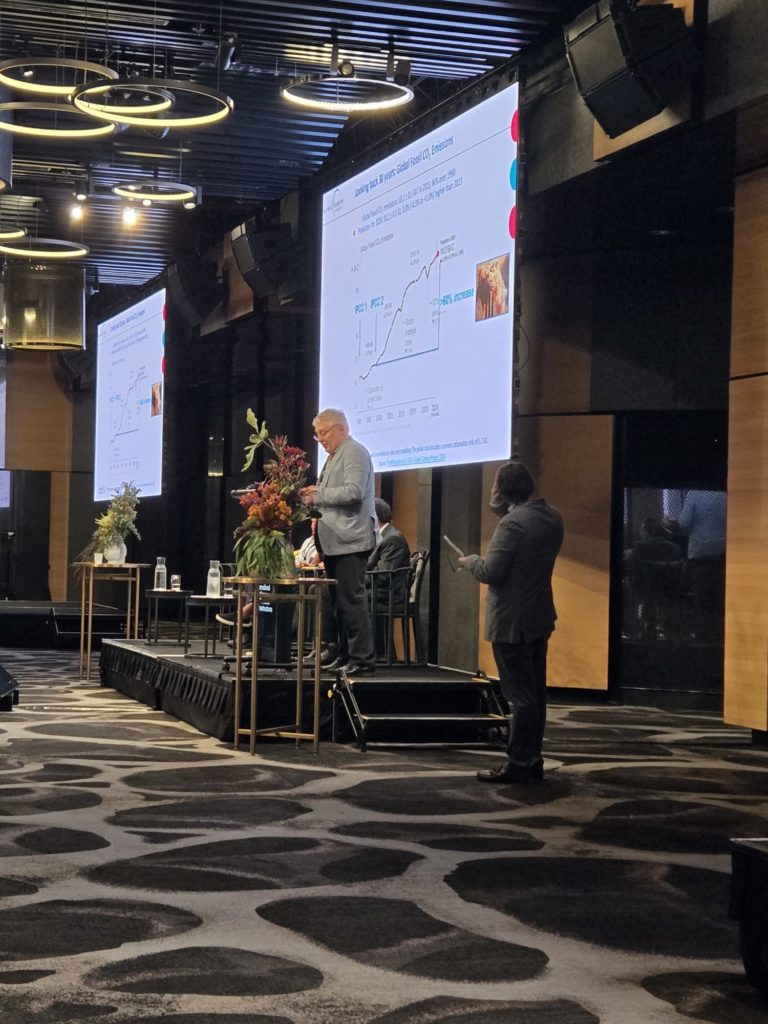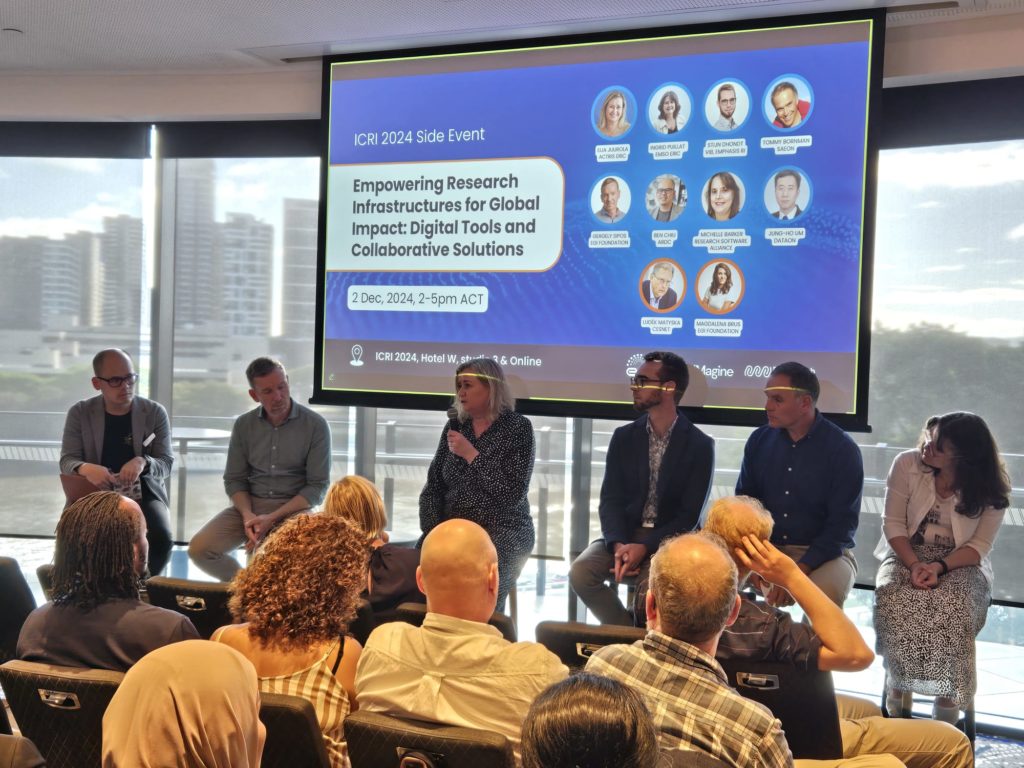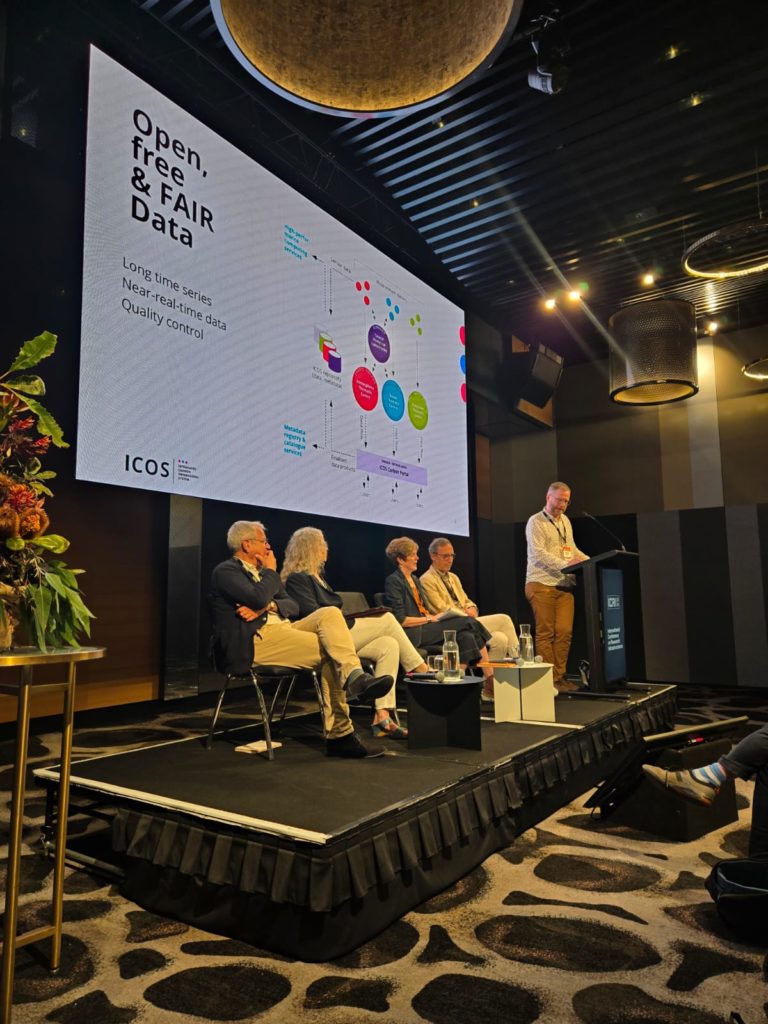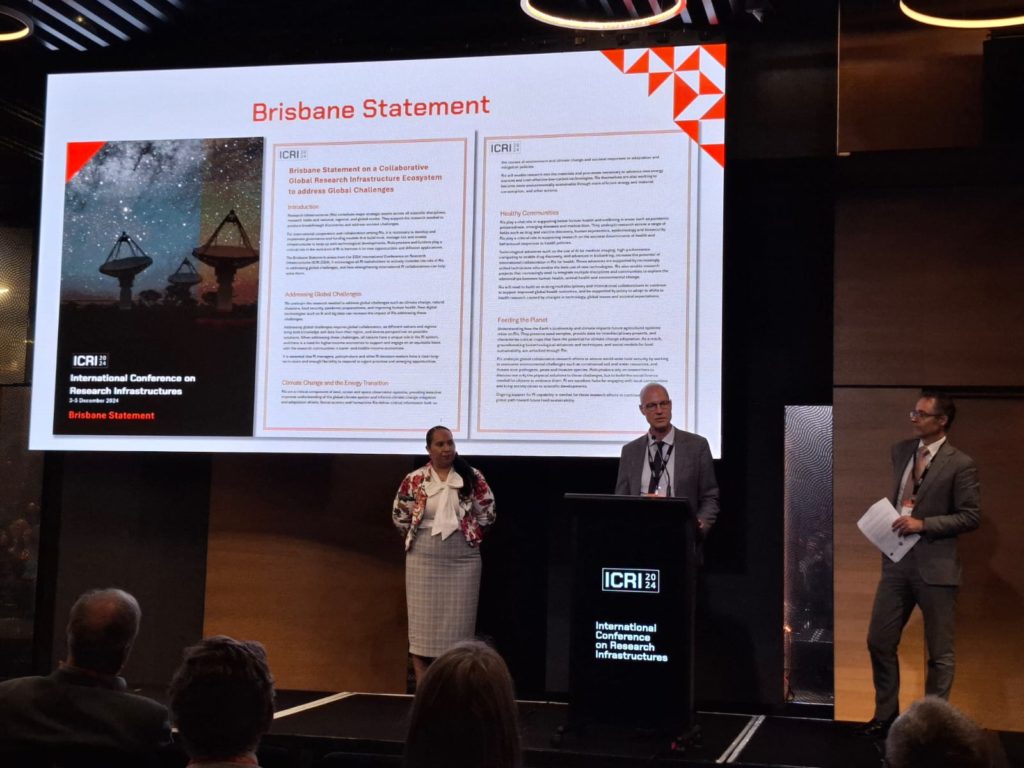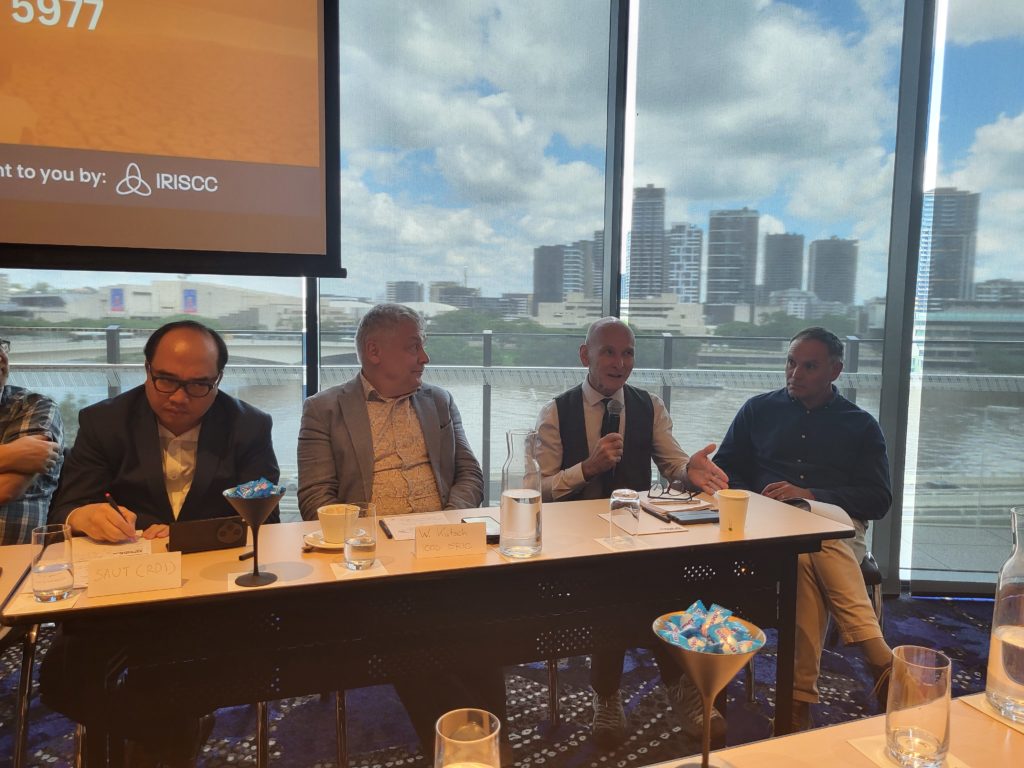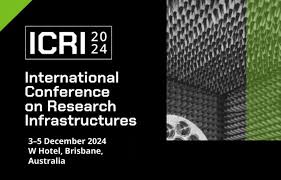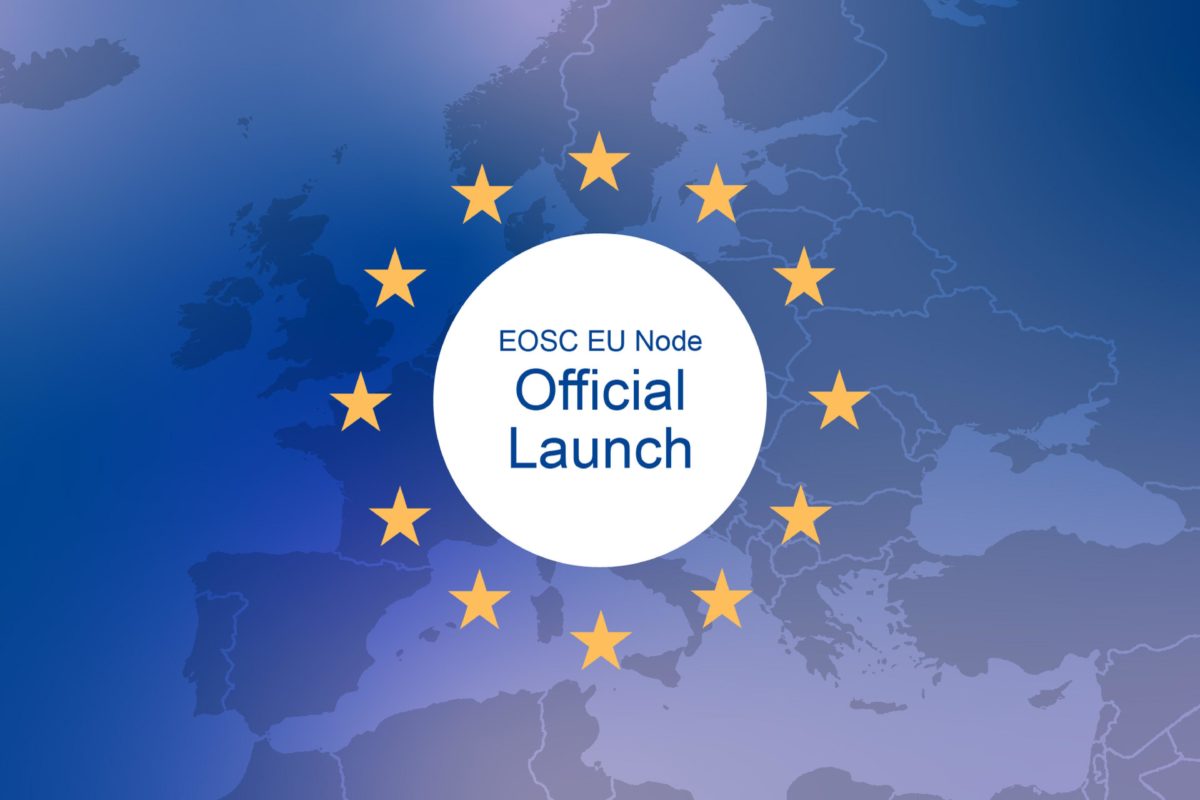The 2nd IRISCC Open Call will open on September 29, 2025, giving researchers, policymakers, and industry professionals the opportunity to access world-class research infrastructure services and facilities addressing climate change-driven risks.
Call Timeline:
-
Opens: September 29, 2025
-
Closes: November 28, 2025
Scope: General (non-thematic) – proposals are welcome from all sectors, including academia, government, and industry.
About the Call
Following the success of the first call, this round continues to offer access to leading research infrastructures across Europe. Participants can explore a wide range of services supporting research on hazards, exposure, and vulnerabilities related to climate risks.
ENVRI community Research Infrastructures participating include IAGOS, ACTRIS, AnaEE, EMBRC, eLTER, ICOS, IS-ENES, SeaDataNet.
In addition, you can access services from other RIs and domains such as EIRENE-RI, D4Science, EGI, ECMWF, OPTED and GESIS.
Check out all the RIs offering services through IRISCC: https://www.iriscc.eu/partners/
Funded by the European Union, IRISCC facilitates sponsored access to top research infrastructures to advance climate risk research.
🔍 Browse the Catalogue of Services: Catalogue of Services
📣 Apply to the Open Call: Open Calls
Access Modes
IRISCC offers three main access options:
-
Transnational Access (TA) (Physical, Remote, Hybrid)
-
Submit a proposal through the Open Call.
-
Selected projects receive full access to facilities, platforms, and expert support.
-
Travel and subsistence funding up to €2000 per proposal.
-
-
Virtual Access (VA)
-
Available anytime without a proposal.
-
Access high-quality datasets, virtual platforms, and analytical tools remotely.
-
-
Fast-Track Access
-
Continuous submissions for Emergencies & Ukrainian Researchers.
-
Swift evaluation process for urgent access to critical infrastructures.
-
How to Apply
-
Check Eligibility – Ensure you meet the criteria in our Handbook.
-
Explore the Catalogue of Services – Browse available services and confirm feasibility with service managers.
-
Submit Your Application:
-
VA services: via the Virtual Access Portal
-
TA services: via the PASS Portal
-
-
Use the Services & Make an Impact – Contribute to solutions for climate risk adaptation and mitigation.
Evaluation Criteria
Applications are assessed on:
-
Scientific & technical relevance
-
Novelty and innovation
-
Implementation quality
-
Bonus: cross-infrastructure collaboration
What’s Covered:
-
Full access to IRISCC services, installations, and data
-
Travel & subsistence up to €2000 per accepted proposal
This is a unique opportunity for anyone interested in cutting-edge infrastructure for climate-related studies, including marine, atmospheric, ecosystem, and environmental research.
Visit www.iriscc.eu to learn more and apply.


